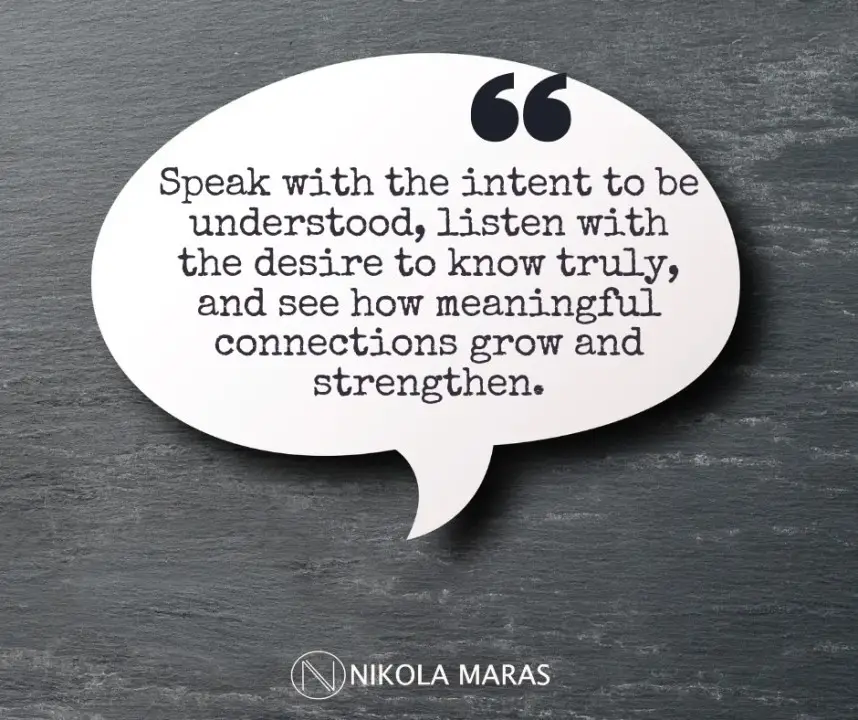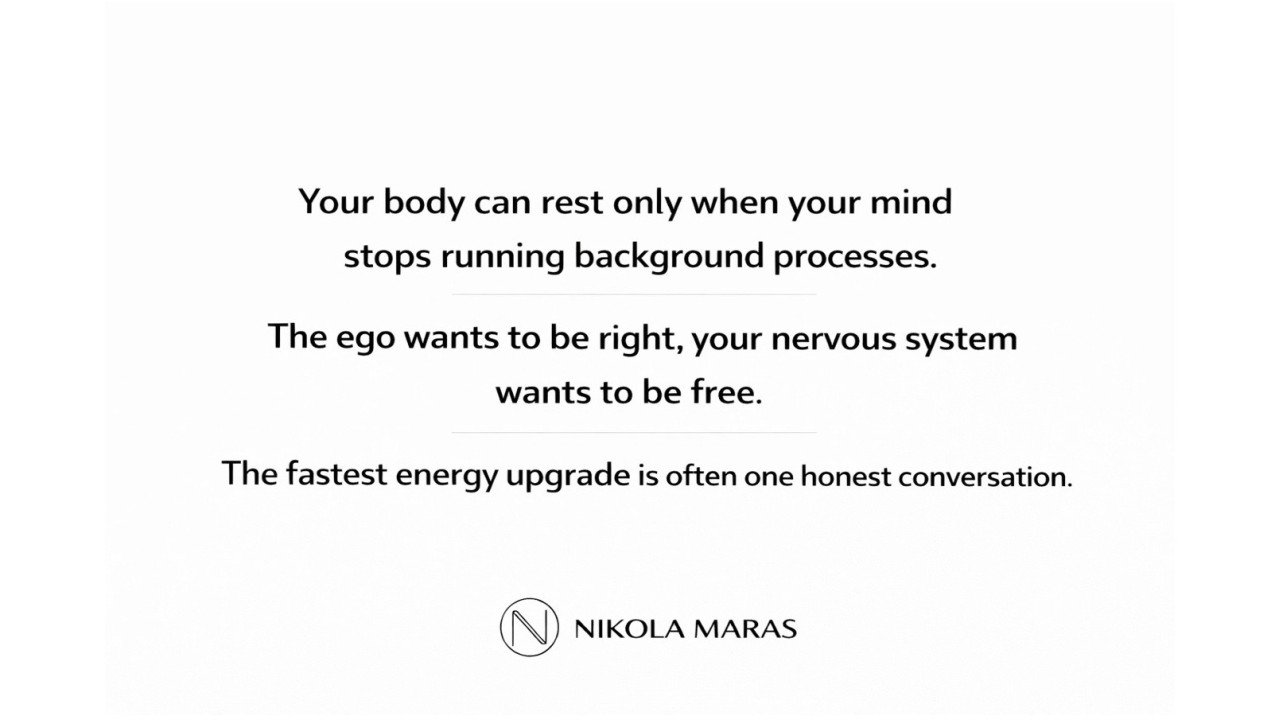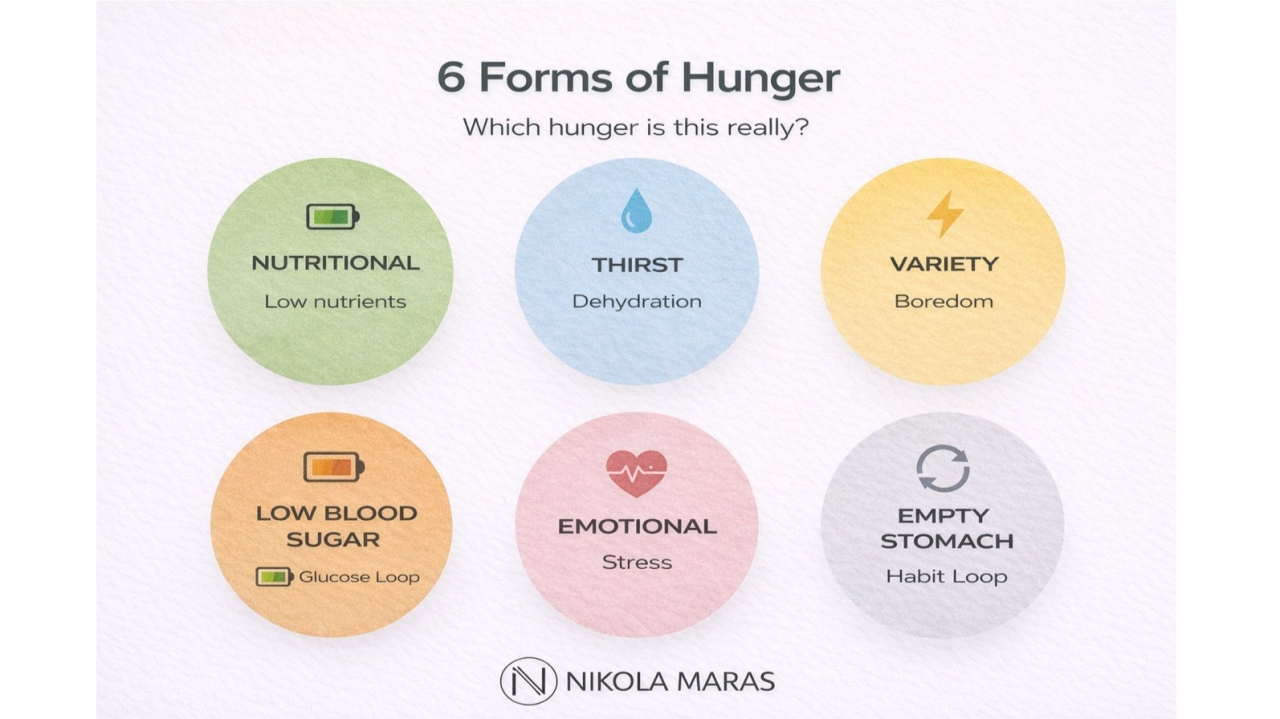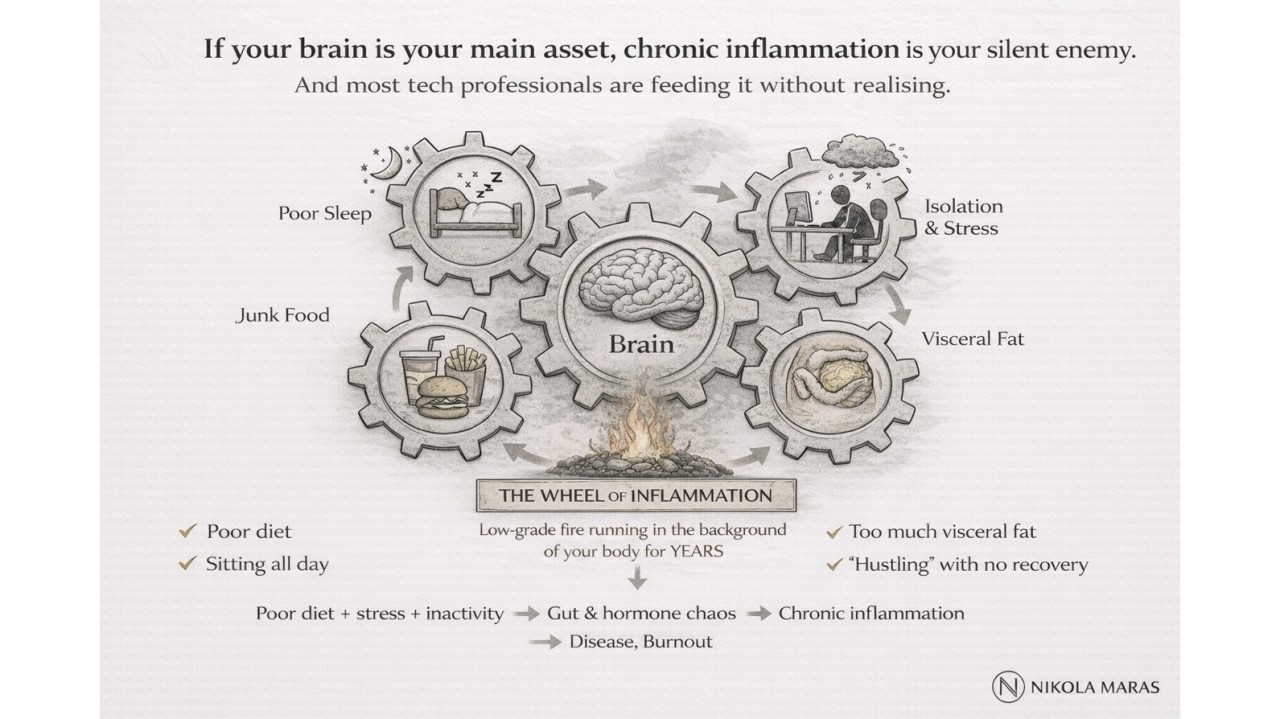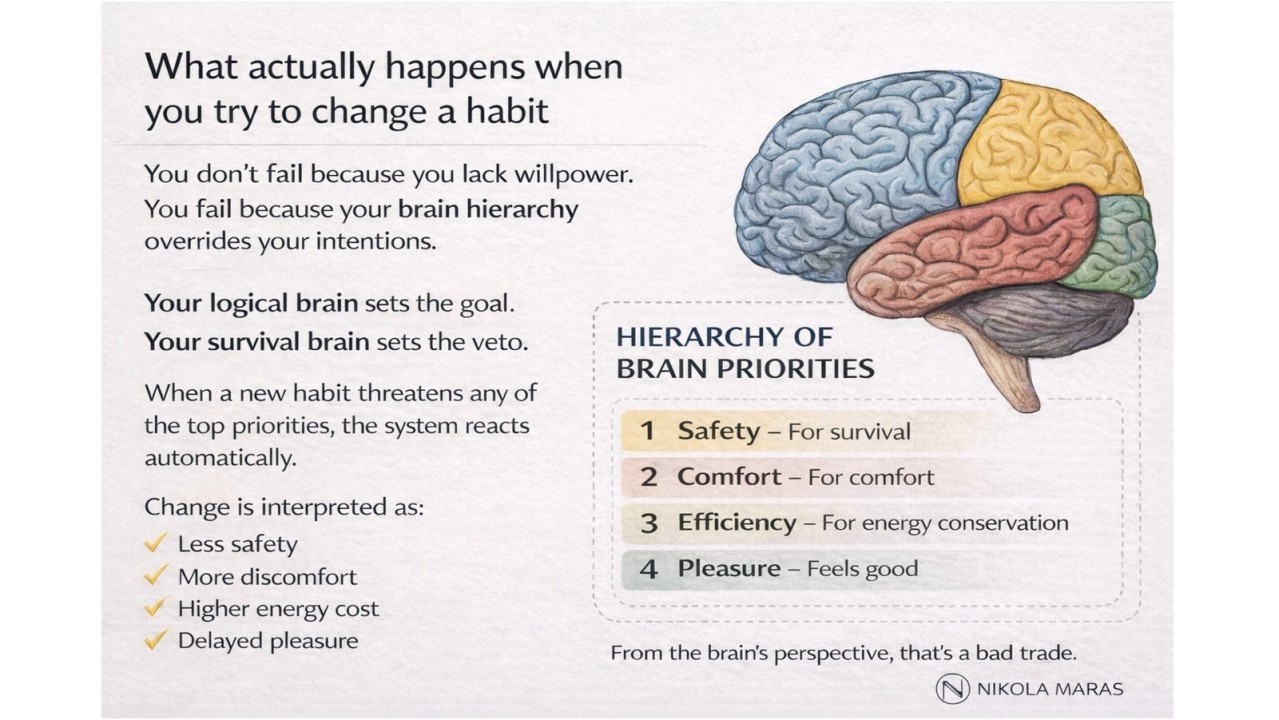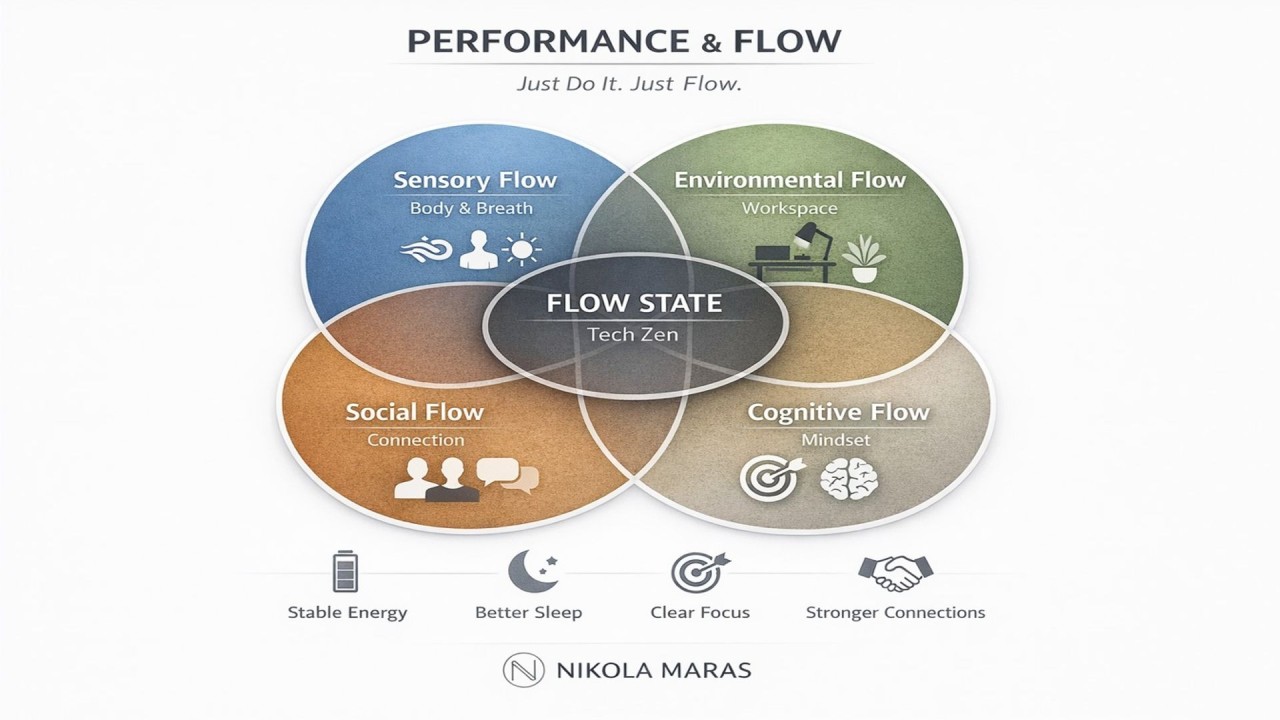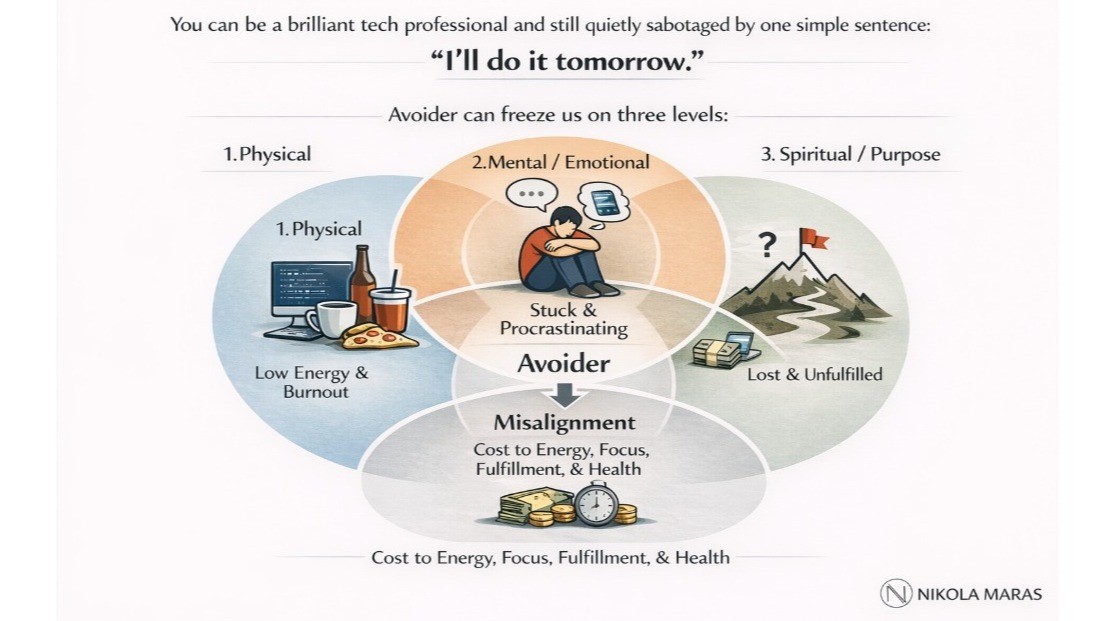In a more connected world than ever, it’s ironic how often we struggle to truly hear, listen, understand, and respect one another. Communication is the cornerstone of human interaction, yet the depth of our connections often needs to catch up to its potential. In this blog, we’ll explore the nuances of communication and discuss ways to enhance these essential skills.
Impact of Good Communication on Personal Relationships
Communication is the key to building trust, enhancing emotional connection, and resolving conflicts. Good communication skills are essential for maintaining healthy romantic, familial, or platonic relationships.
Building Trust
Trust is the foundation of any relationship. It is built through open and honest communication. When partners communicate effectively, they share their thoughts, feelings, and experiences. This helps to create a deeper understanding of each other, which leads to trust. Good communication also allows partners to address issues and concerns before they become major problems.
Enhancing Emotional Connection
Emotional connection is vital for any relationship to thrive. When partners communicate effectively, they are better able to connect emotionally. They can express their love, appreciation, and support for each other. Good communication also allows partners to share their vulnerabilities, which helps to deepen their emotional connection.
The Importance of Good Communication in Professional Relationships
Effective communication is essential for any relationship, including professional ones. Good communication between colleagues, managers, and employees can promote teamwork, increase productivity, and create a positive work environment.
Promoting Teamwork
Communication is the key to building strong relationships and promoting teamwork in the workplace. When team members communicate effectively, they can better understand each other’s strengths and weaknesses, work together to solve problems, and achieve common goals. In contrast, poor communication can lead to misunderstandings, conflicts, and decreased productivity.
To promote teamwork, it’s important to establish open lines of communication. It can be done through regular team meetings, one-on-one conversations, and group projects. Encouraging team members to share their ideas and opinions can foster collaboration and cooperation.
Increasing Productivity
Good communication can also increase productivity in the workplace. When employees communicate effectively with each other and their managers, they can better understand their roles and responsibilities, prioritize tasks, and work efficiently.
Clear communication can also help to prevent mistakes and misunderstandings that can lead to wasted time and resources. For example, providing clear instructions and expectations can help to ensure that tasks are completed correctly the first time, reducing the need for rework or corrections.
The Difference Between Hearing and Listening
Hearing is a physiological process; it’s the ability to perceive sound. On the other hand, listening is a conscious effort to understand the meaning behind the words. Too often, we hear without truly listening, leading to misunderstandings and missed opportunities for connection. To bridge this gap, practice active listening.
Give your full attention: Distractions abound in our modern lives, from buzzing smartphones to constant notifications. To truly listen, we must consciously put away these distractions and offer our undivided attention to the speaker.
Maintaining eye contact is a powerful non-verbal cue communicating your attentiveness and respect for the person speaking.
Reflect and respond: Before responding to a statement or question, take a moment to reflect on what was said. This pause allows you to absorb the information fully and respond thoughtfully.
Responding doesn’t just mean replying with words; it also involves non-verbal cues, such as nodding or reassuring gestures, to affirm your engagement.
Understanding Beyond Words
Understanding goes beyond grasping the literal meaning of words; it involves empathy, emotional intelligence, and the ability to see things from different perspectives.
Empathize with emotions: Try to understand not only the words being spoken but also the emotions behind them. Acknowledge those feelings, even if you don’t necessarily agree with the perspective.
Practice putting yourself in the other person’s shoes, considering their feelings, and recognizing the significance of their emotional experience.
Ask clarifying questions: Misunderstandings often arise when assumptions are made about the speaker’s intentions or perspectives. To avoid this, ask clarifying questions that demonstrate your commitment to understanding.
A simple “Can you elaborate on that?” or “How did that make you feel?” can open up avenues for deeper discussion.
Respectful Communication
Respect forms the foundation of any meaningful interaction. It involves recognizing the value of each person’s thoughts, feelings, and experiences.
Be open-minded: Respectful communication begins with an open mind. Approach conversations with a willingness to embrace diverse perspectives, recognizing that everyone has unique experiences that shape their worldview.
Challenge your preconceptions and be open to the possibility that there’s validity in viewpoints different from your own.
Avoid judgment: Judgment is a natural human tendency, but true understanding requires setting aside preconceived notions. Suspend judgment until you’ve fully grasped the other person’s perspective.
Embrace the idea that diverse opinions contribute to the richness of human experience, and each individual’s viewpoint is a valid part of the broader tapestry of ideas. It’s easy to jump to conclusions, but true understanding requires patience and an open heart.
Improving Communication Skills
Practice mindfulness: In the hustle and bustle of daily life, it’s easy to let our minds wander during conversations. Mindfulness—being fully present in the moment—can significantly enhance our ability to focus on the conversation.
Incorporating techniques like deep breathing or mindful listening exercises into daily routines cultivates mindfulness.
Seek feedback: Actively seek feedback on your communication style. Constructive criticism from peers, friends, or mentors can be a powerful tool for personal growth.
Consider asking specific questions, such as “How could I improve my communication in our recent discussion?” or “What aspects of my communication style do you find most effective?”
Continuous learning: Communication is a dynamic skill that can always be refined. Engage in continuous learning by reading books on effective communication, attending workshops, or participating in activities that challenge and enhance your communication abilities.
Stay abreast of the latest communication and interpersonal skills research to incorporate evidence-based practices into your interactions.
In conclusion, effective communication is a multi-faceted skill that involves hearing, listening, understanding, and respecting one another. By actively practicing these elements and continually striving for improvement, we can build stronger, more meaningful connections in our personal and professional lives. Remember, it’s not just about what we say but how we truly connect with others that defines the quality of our relationships. As we embark on the journey toward mastering the art of true communication, let’s strive for a world where understanding and respect form the pillars of our interactions, fostering a community of interconnected individuals who value the richness of diverse perspectives.


